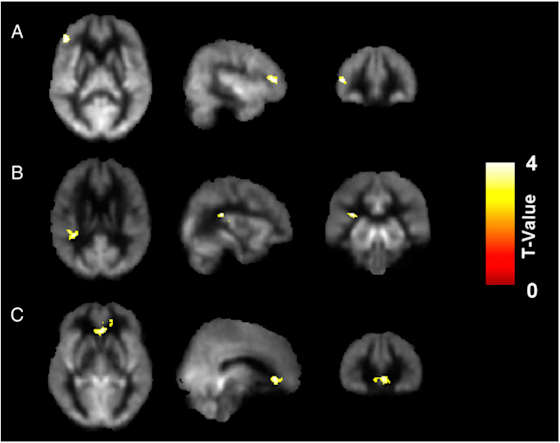Overview
Traumatic brain injury (TBI) is a chronic condition that can result in persistent impairments in complex cognitive processes years after sustaining an injury. In addition to impairments in cognitive processes, these individuals may also experience persistent functional deficits, altered emotions, and physical symptoms such as headaches. Cognitive training programs are often implemented to mitigate the deficits. The SMART™ program helped individuals with TBI show improvement in executive function, memory, abstract reasoning, as well as a reduction in depressive symptoms and stress. Following brain imaging, it was shown there was increased brain blood flow to areas targeted by cognitive training such as the frontal lobe networks. The SMART program provided its participants a set of strategies that can improve cognitive control, executive functions, daily functions, and enhance the psychological health of the individual. The SMART program further facilitates improved neural health as measured by increased brain blood flow in the areas critical for the cognitive skills addressed in the training.
Figure 3 shows increases in brain blood flow in the (A) Frontal Gyrus, (B) Insula, and (C) Anterior Cingulate Cortex as a result of completing the gist reasoning training SMART.






